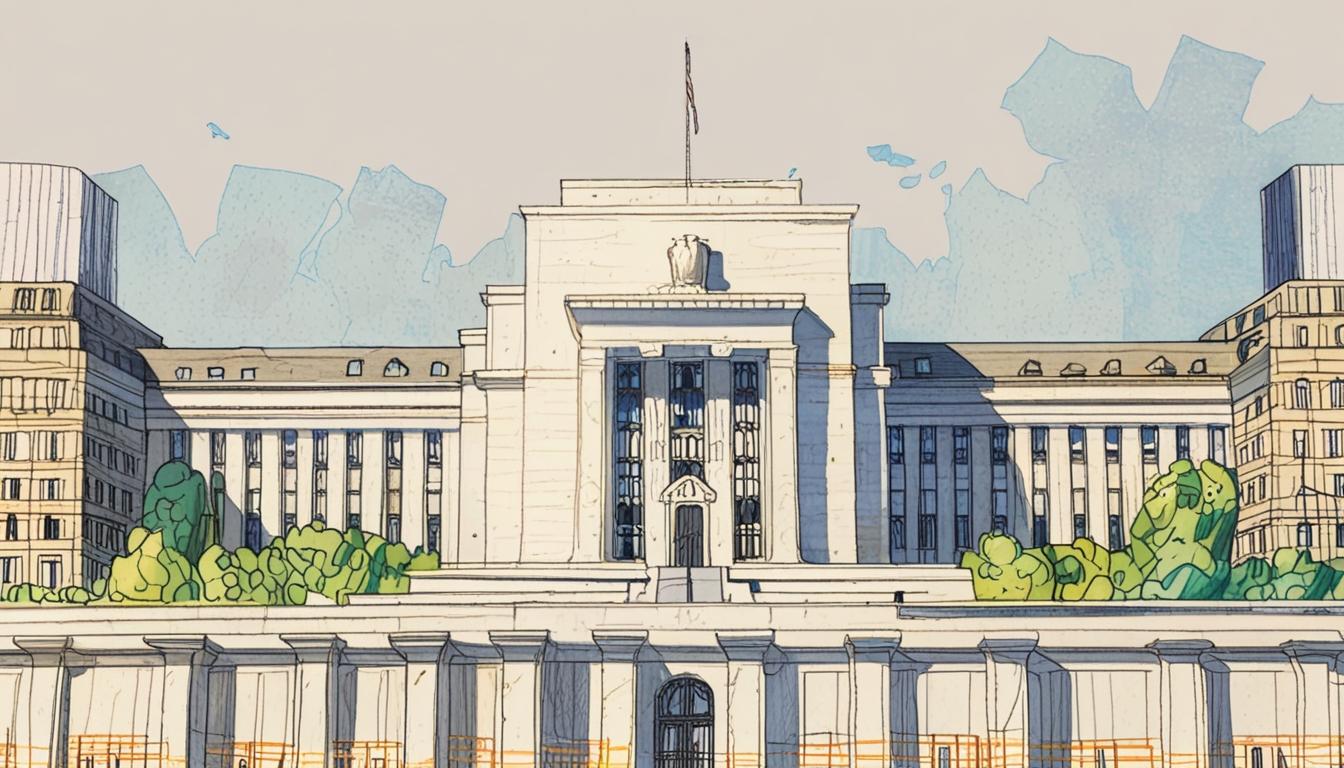Kevin Warsh, a former Federal Reserve governor and ally of former President Donald Trump, has criticised the US central bank for making “systematic errors” and failing to keep inflation under control during one of the worst inflationary surges in a generation. Speaking at a Group of 30 event in Washington, Warsh argued that the Federal Reserve had deviated from its primary role as a narrow central bank, acting instead as a broader government agency. This “drift”, he said, had prevented the Fed from maintaining its 2% inflation target.
Warsh highlighted that since the financial panic of 2008, “central bank dominance has become a new feature of American governance.” He cited the Fed’s expanded $7 trillion balance sheet, funded by quantitative easing, as enabling excessive federal government spending that has pushed the US’s fiscal position onto a “dangerous trajectory.” Warsh noted, “Fiscal policymakers — that is, elected members of Congress — found it considerably easier appropriating money knowing that government’s financing costs would be subsidised by the central bank.”
The former governor, who was under consideration by Trump for the Treasury secretary post and was at the Federal Reserve when it began quantitative easing measures, also criticised the Fed’s recent involvement in issues such as climate change and inclusion efforts. However, he acknowledged that the central bank had recently “changed its tune” by withdrawing from the Network for Greening the Financial System in January.
Warsh’s comments come amid heightened tensions between the Federal Reserve and President Trump, who last week suggested he could not wait for the “termination” of current Fed Chair Jay Powell. Although Trump later clarified he did not intend to fire Powell, the remarks unsettled global markets, triggering sharp declines in equity prices and the dollar. Powell, whose term as Fed chair expires in May 2026, faces a prospective replacement search expected to begin in the autumn, with Warsh and National Economic Council head Kevin Hassett considered leading candidates.
Despite his critique, Warsh affirmed his strong belief in the Federal Reserve’s operational independence to set interest rates free from political influence. He stated, “When the monetary outcomes are poor, the Fed should be subjected to serious questioning,” emphasising that central bankers should not be treated as “pampered princes” immune to oversight.
The Financial Times reports that Warsh’s remarks mark his first public commentary on the Fed’s monetary policy in months, underscoring ongoing debates about the role and independence of the Federal Reserve amid significant economic and political pressures.
Source: Noah Wire Services
